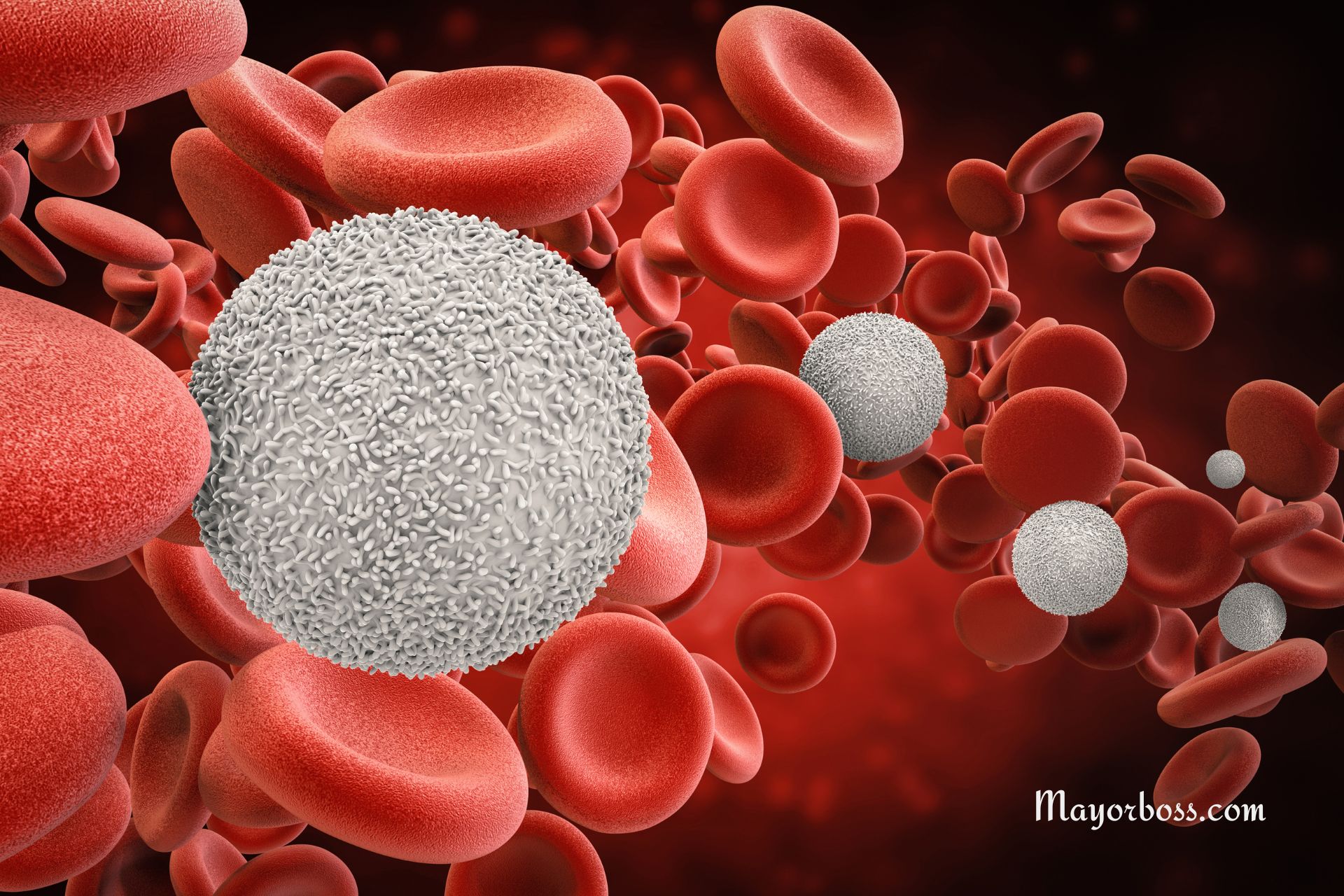What is Neuropathy?
Neuropathy, a term you might have come across in various medical discussions or personal experiences, refers to nerve damage. It’s a condition that can affect different types of nerves in your body, leading to a range of symptoms. An example of a condition that can cause neuropathy is diabetes. This article will explain more about what neuropathy really is, its causes, and how it impacts individuals.
Types of Neuropathy
Neuropathy is not a one-size-fits-all condition. It’s divided into several types, each affecting different nerve groups:
- Peripheral Neuropathy: This is the most common type. It affects the nerves outside your brain and spinal cord, often in your hands and feet. Symptoms can include numbness, tingling, and pain.
- Autonomic Neuropathy: This type impacts the autonomic nerves, which control bodily functions like heart rate, digestion, and bladder function. It can lead to issues like irregular heartbeats, digestive problems, and changes in blood pressure.
- Proximal Neuropathy: Likewise known as diabetic amyotrophy, this type usually affects one side of the body, involving the hips, buttocks, or thighs, and can be quite painful.
- Focal Neuropathy: This involves damage to a single nerve, often in the hand, head, torso, or leg. It can cause sudden weakness or pain in the affected area.
Causes of Neuropathy
Neuropathy doesn’t just appear out of nowhere. It’s often caused by other conditions or factors:
- Diabetes: The most common cause, especially when blood sugar levels are poorly controlled.
- Injuries: Physical trauma, like accidents or repetitive motion, can damage nerves.
- Infections and Autoimmune Diseases: Certain infections, like shingles and autoimmune diseases, like lupus, can lead to neuropathy.
- Other Diseases: Conditions like kidney disease, liver disease, and hypothyroidism can also be culprits.
- Toxins and Medications: Exposure to toxins, including certain medications, can cause nerve damage.
- Genetic Disorders: In some cases, neuropathy is inherited.
Symptoms: How Do You Know It’s Neuropathy?
If you’re experiencing any of these symptoms, it could be a sign of neuropathy:
- Numbness, prickling, or tingling, especially in your hands or feet
- Sharp, throbbing, or burning pain
- Muscles may become weak, affecting mobility.
- Extreme sensitivity to light touch
- Lack of coordination and falling.

Diagnosis and Treatment: What’s Next?
To diagnose neuropathy, doctors typically conduct a physical exam, review your medical history, and order tests like blood tests, nerve function tests, or MRIs.
Treatment focuses on managing the condition causing your neuropathy and relieving symptoms. This can include medications, physical therapy, and, in some cases, surgery. Lifestyle changes, like maintaining a healthy diet, exercising regularly, and avoiding factors that can cause nerve damage, are also crucial.
Living with Neuropathy
Living with neuropathy can be challenging, but it’s not impossible. Pain management, physical therapy, and support from healthcare professionals can make a significant difference. It’s also important to maintain a positive attitude towards managing your condition.






